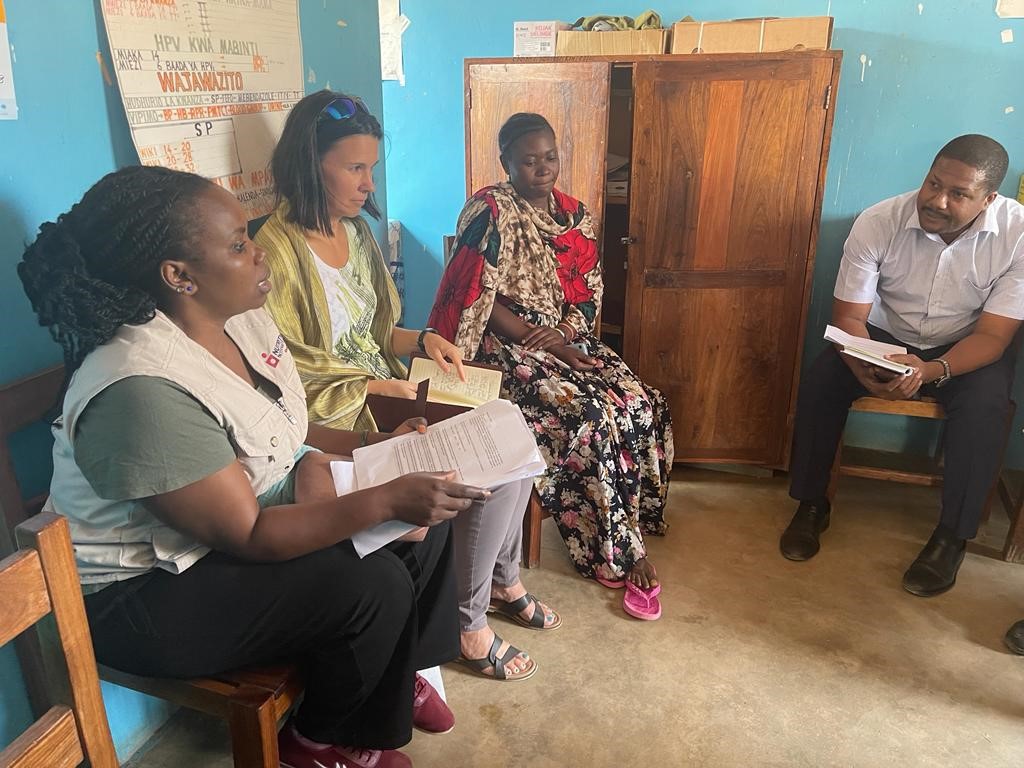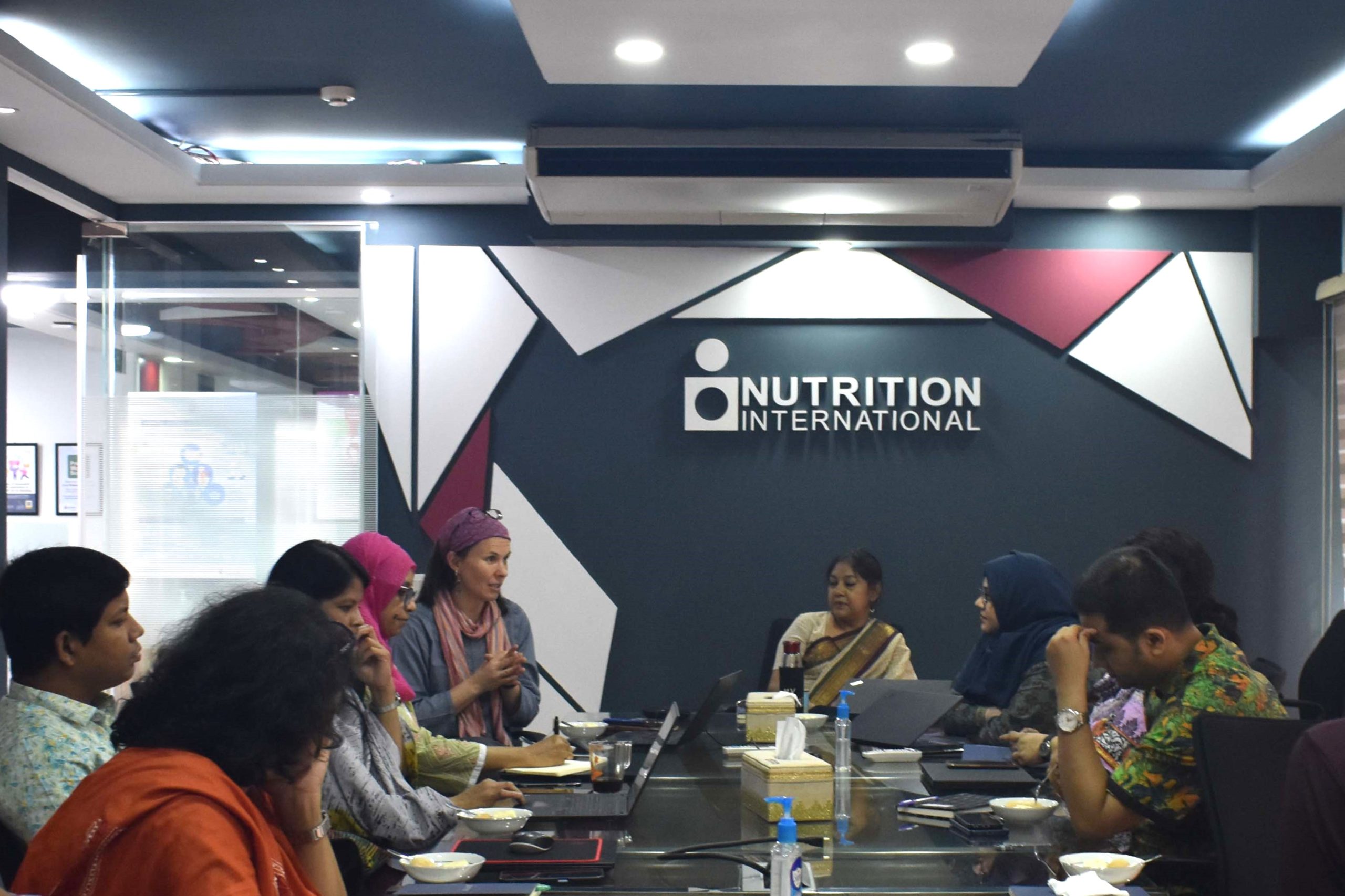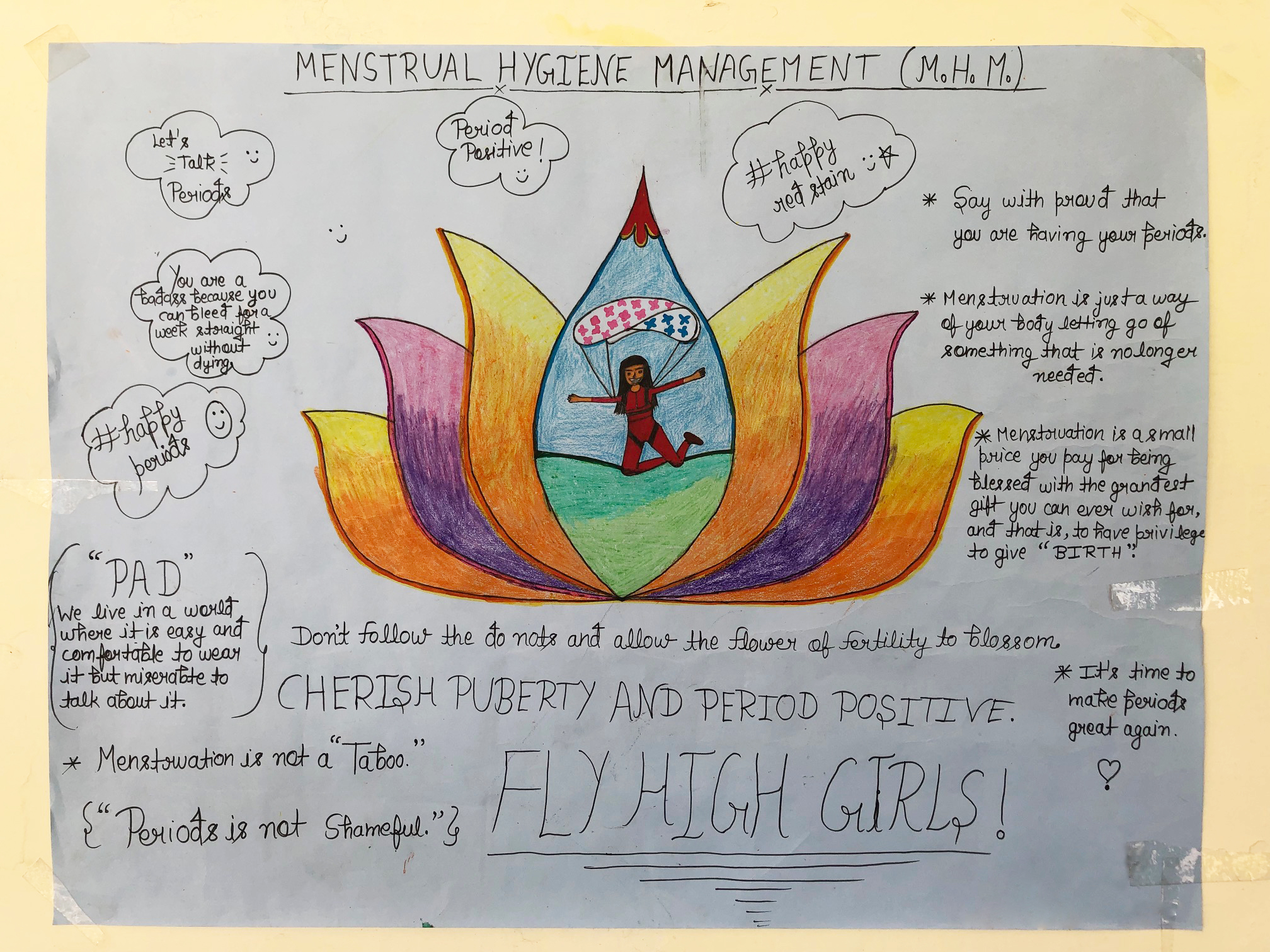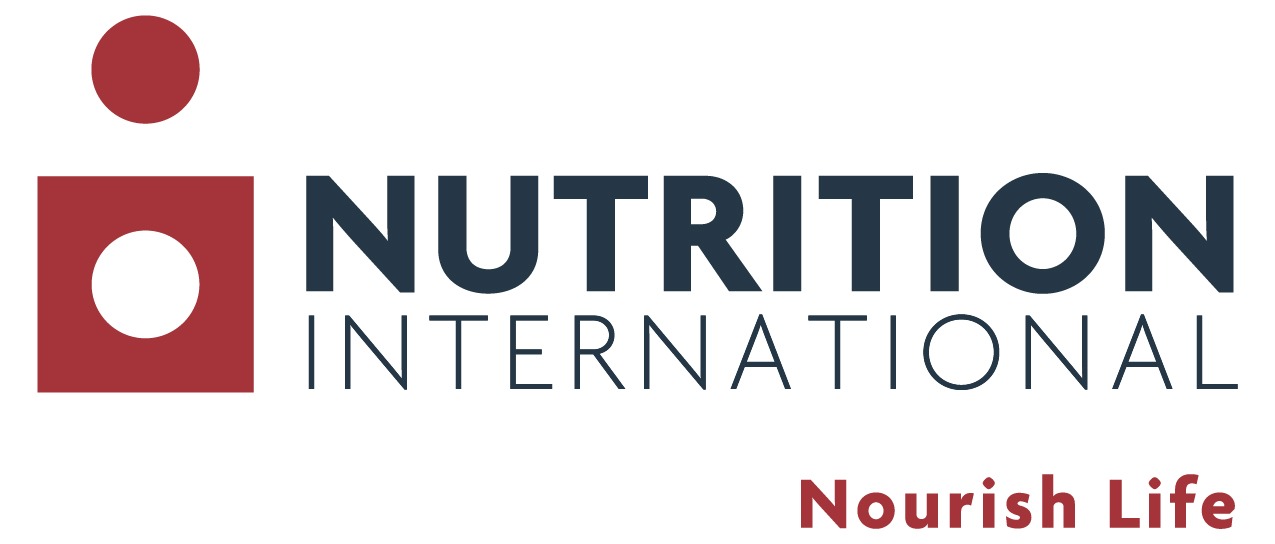Author: Sarah Pentlow
Since the lifting of COVID travel restrictions, I’ve been able to visit a number of our country offices, providing face to face training workshops on gender equality. I’ve engaged in many meaningful conversations around what it means to promote gender equality within nutrition programs.
After two-plus years of COVID lockdowns it has never felt more important to engage with people in person on topics that can feel complex and difficult to navigate through online webinars across time zones.
One of the things I noticed when holding training sessions on gender equality or discussing it in informal conversation is that people can have very strong reactions: usually it swings between excitement and enthusiasm to learn more and gain skills to nervousness, or uncertainty. This is often because of a lack of understanding coupled with mixed messages that may be out in the media. In many ways I feel that my role as a gender specialist is to listen carefully to what people are saying and then begin a process of asking questions, presenting scenarios, and encouraging dialogue. I want to help demystify what it means to promote equality and empowerment within the context of our nutrition programs.


Often, people want to know what our “position” is on something related to gender. I try to reframe that as I don’t think it is the most useful question to be asking. If we make gender an issue where we must adopt a position, it makes it harder to actually address the real problems. It shifts the focus onto an abstract ideal, not the real thing staring us in the face. It’s girls in India who feel more confident when they have their period to still attend school and their male classmates no longer tease them. I think about the fathers I met in Tanzania who laughed during a focus group when asked if they also spend time looking after their babies or if it is only the mother. They readily spoke about how times have changed from when they were children – an important reminder that gender norms and roles are not static.


We work across many cultures, and it is true we need to be mindful that what might be safe and acceptable to talk about in one place may not be the same in another. This is why it is important to partner with local women’s rights organizations, as they are already championing for gender equality within their own cultural context. I have noticed signs all over the world clearly highlighting the fact that gender equality is on the minds of those from all cultures.

Published in GI-Mail 04/2024 (English edition).
- Do you already know our monthly newsletter GI-Mail with useful tips on postgraduate courses?
Sign up here. - Are you looking for vacancies or new career challenges? Here you will find the latest vacancies and job offers.
- Do you already know our monthly job-information GI-Jobs with current job offers for doctors, managers and nurses? Sign up here.
- Are you interested in up to date postgraduate courses and CME? In our education database »medicine & health« you will find new education events from over 2300 organizers.

